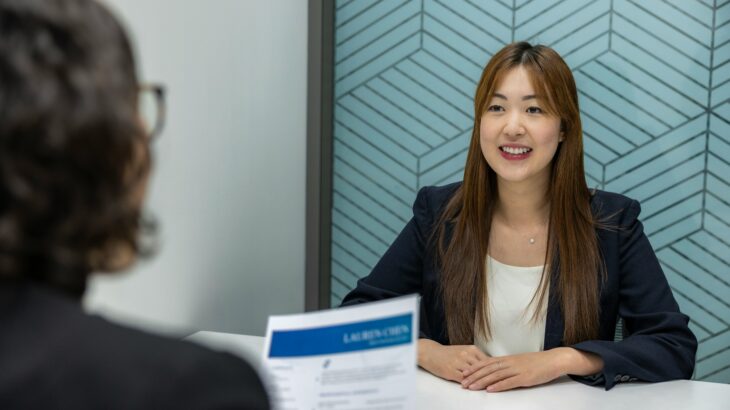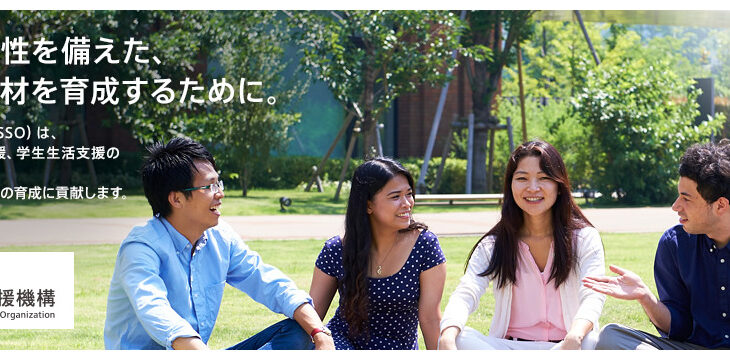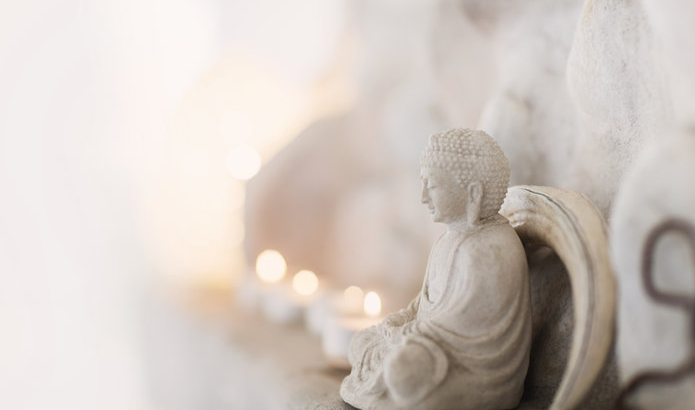コンニチハ!お元気ですか?
異文化コミュニケーション研究所(R)所長の島崎です。(^^)
Konnichiwa! How are you?
This is Shimazaki, Director of the Institute for Cross-cultural Communications(R) [ICCC].
段々寒くなってきましたね。COVID-19の感染者数も冬が近づくにつれて増えているので、皆さん、外出の際には「マスクの着用」「手洗い」をしっかりして自分の身は自分で守って下さいね。でも、一方でストレスが溜まりやすいですので、身体を動かしてリフレッシュすることも忘れずに!
t’s getting colder and colder.
The number of people infected with COVID-19 is increasing as winter approaches,
so please be sure to “wear a mask” and “wash your hands carefully” when you go out to protect yourself. On the other hand, you also need to care your “stress”, so don’t forget to move your body and refresh yourself!


自殺 suicide
日本での自殺者の数は約2万人(2019年)だそうです。2003年の約3万4千人に比べると
かなり減っていますが、自殺率は約20年間ずっとG7(先進7カ国)では最悪だそうです。
The number of suicides in Japan is around 20,000 (2019year).
The suicide rate is the worst in the G7 (7 developed countries) for about 20 years,
although it has decreased considerably from about 34,000 in 2003.
日本は、安心・安全で、社会インフラも整っており、生活に困ることのない国のはずです。でも多くの人が、幸せを感じることができず、その苦しみから逃れるために、自らの命を絶っているのが、この日本です。
Japan should be a safe and secure country with well-developed social infrastructure and no problems in life. Japan is a safe and secure country with well-developed social infrastructure and no problems in life. However, it is in Japan that many people commit suicide because they cannot feel happiness and escape from their suffering.
希望を失ったら、人は死を待つだけの屍となってしまいます。
If you lose hope, you become a corpse waiting for death.
誰にも、明日は何が起こるのか分かりません。いつも悪いことばかりだったとしても、
良いことが訪れないとも言い切れません。
No one knows what will happen tomorrow. Even if it’s always bad, it’s hard to say that good things won’t come.
私もお金がないときに、ある日の冬、スーパーで安い食パンを買って、空腹を満たすために公園のベンチで、水と一緒に、一枚ずつ大切に食べたことがあります。するとジャムもバターもないのに、食パンがめちゃくちゃ甘く、とっても美味しいことに驚きました。
When I was very poor and had no money, it was winter, I bought cheap bread
and ate it “one by one” with cold tab water on a park bench to satisfy my hunger.
I was surprised that the bread was so sweet and delicious, even though there was no jam or butter.
その時に思いました。こんな経験は、今しかできない。
I thought at that time. This kind of experience CAN OLNY be done now.
空腹を満たすパンから「命」をもらったような気がしました。
どんな苦難も、未来から振り返れば、貴重な経験です。
I felt I got “life” from the cheap bread that fills my hunger.
Any hardship is a valuable experience in the future.
昨年の秋、テレビを観ていたら
「夢破れる外国人労働者たち」(https://www.nhk.or.jp/special/plus/articles/20190726/index.html)
という番組をやっていたのですが、残念ながら日本で学んでいる留学生にも自殺者が
いると言うことです。
Last fall I was watching TV, a program called “Foreign Workers Who Break Dreams”, unfortunately there are “suicides” among international students studying in Japan.
借金までして日本の学校で学んでいる留学生が多数いて、先行きの不安から、夢破れて自らの命を絶つなんて、とても悲しい話です。コロナ禍で、皆さんの中でもストレスを感じることがあると思いますが、一人で抱え込まずに友人や、先生、アルバイト先の先輩に相談してください。
It is a very sad story that there are many international students who are studying at Japanese schools even in debt, and because of their uncertainties about the future, they break their dreams and die of their own lives. You may feel stressed by the corona virus, but please talk with your friends, teachers, and seniors who work part-time instead of holding it alone.
道は、いくらでもあります。道が「たった一つ」のはずはないのです。
There are many roads. There can be NO “only one” road.

日本語では良く諺を使います。少なくとも、日本の小学生でも知っている諺くらいは皆さんも知っておいた方がよいので、10回に分けて紹介します(今回で5回目)。是非覚えてください。
We often use proverbs in Japanese. At least you should know the proverbs that Japanese elementary school students know. So I will introduce 50 of them in ten parts. Please remember by all means. (This is the 5th one.)
21. 背に腹はかえられない (せにはらはかえられない)
意味:何か大事なことのためには、他の大事なものを失ってもかまわないこと
英語表現: You have to(gotta) risk it for the biscuit.
22. 立つ鳥 跡をにごさず (たつとり あとをにごさず)
意味:立ち去るときにはきれいにしてから行くべきだということ
英語表現: Cast no dirt into the well that gives you water.
23. 立て板に水 (たていたにみず)
意味:話しがうまく、すらすらとしゃべる人のこと、またその様子
英語表現: speaks fast and fluently
24. 蓼食う虫も好き好き (たてくうむしもすきずき)
意味:人のすきなものは人の数だけあり、いろいろちがっているということ
英語表現: There’s no accounting for taste
25. 棚からぼた餅 (たなからぼたもち)
意味:思いもよらない幸運がめぐってくること
英語表現:pennies from heaven
■ 異文化コミュニケーション研究所(R)からのメッセージ
日本企業の生き残り・革新のためには『人財の多様性』が不可欠です。
ところが、多くの日本企業は外国人を採用することを躊躇しています。言葉や文化が違うことを恐れているのが現状です。
私たちのミッションは、そんな日本企業に、日本語が使え日本文化に造詣がある「優秀な留学生」を紹介し、コンサルティングをすることです。
私たちは、あなた方のことをglobalforce(高度外国人財)と呼びます。そして、日本企業が、多様な異文化視点を持つglobalforceを活用することで「新たな価値の創造」ができると私たちは信じています。
日本の大学で学んだ皆さんは、真面目で、優秀な人です。皆さんが日本企業で活躍することが、日本にとっても意味のあることです。 是非、日本で頑張って下さい。
私たちは、いつでも、皆さんの力になります。
■Message from The Institute for Cross-cultural Communications(ICCC)
“Diversity” of human resource is essential for the survival and innovation of Japanese companies.However, many Japanese companies are hesitant to hire foreigners. The reality is that they are afraid of different languages and cultures.
Our missions are to introduce “excellent international students” to Japanese companies and consult their recruitment and diversity. The students who studied in Japanese universities can speak Japanese and have a good knowledge of Japanese culture, they have big potential.
ICCC calls you “globalforce“. We believe that Japanese companies can “create new value” by utilizing “globalforce“, which has diverse cross-cultural perspectives. Everyone who studied at Japanese university is a hard worker and talented. It is meaningful for Japan that “globalforce” works in Japanese companies.
We are your best partner in Japan.







